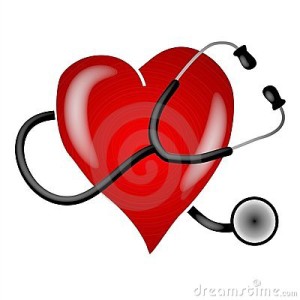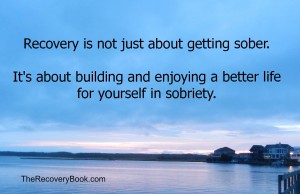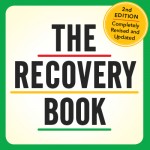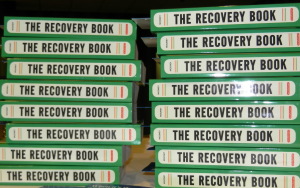Ask Dr. Al: How to Talk With Your Doctor About A Medical or Dental Procedure When You’re in Recovery
If you have a medical or dental procedure planned, you’ll need to be extra vigilant about your recovery. Taking any mood-altering medications before, during or after your procedure can put you at high risk for a relapse.
In The Recovery Book, we suggest you return to the Red Zone and ramp up your recovery program at such times. (Read more about the Recovery Zone System in our Quick Start Guide post.) You should also talk with your doctor or dentist about medications before the day of your procedure.
The “Dear Doctor” letter below can help you to broach the topic. Print it out and take it with you to an appointment; use the information to start a conversation. Be honest with your health care provider, and enlist their help in your efforts to avoid relapse.
The Dear Doctor letter below was originally written by staff at Willingway Hospital; it … Read more...



